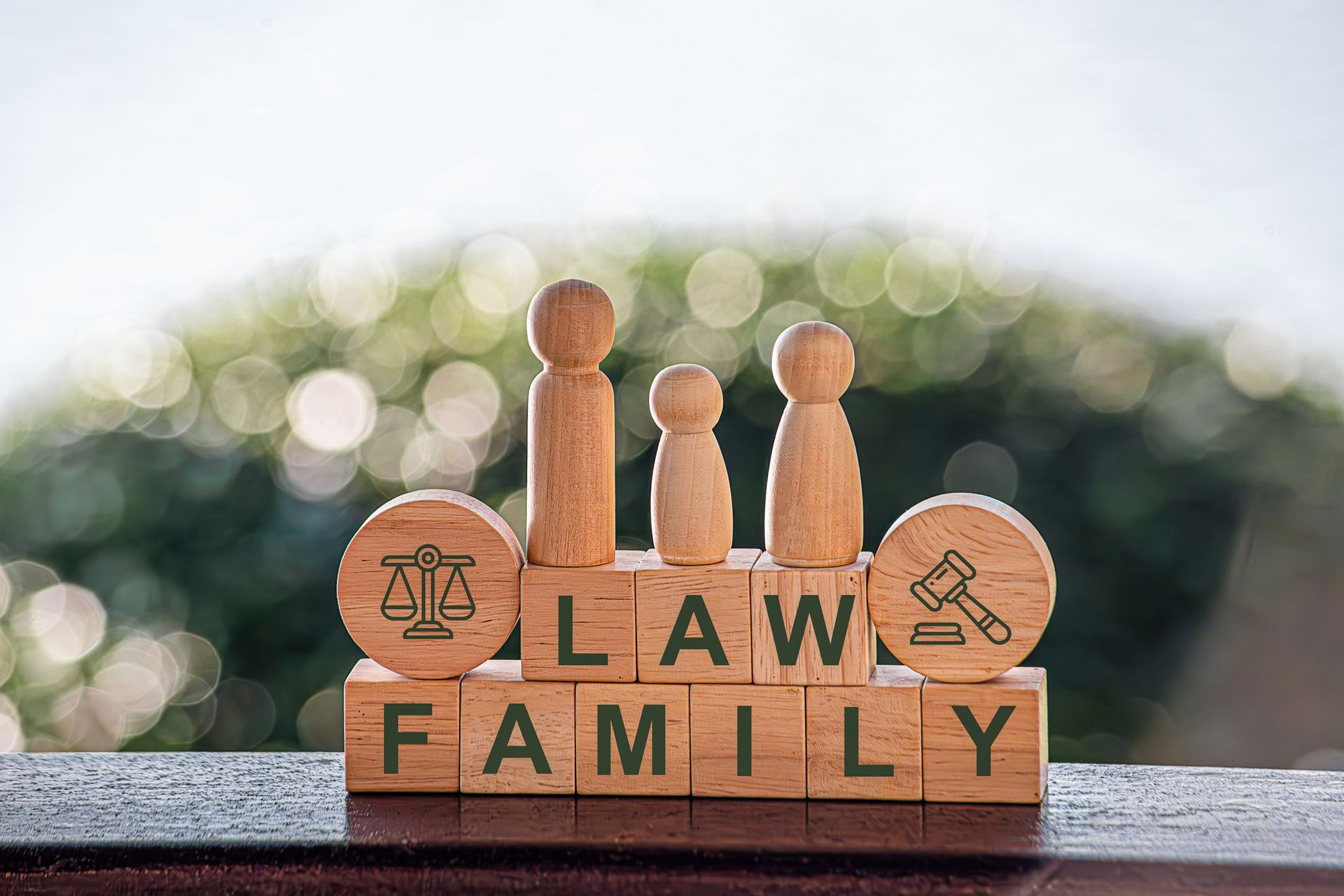Answers to 3 Commonly Asked Questions About Divorce

Divorce processes present different challenges, and many questions arise when you go through a divorce. When you get answers to some of these questions, you can better understand the divorce process. Read on to learn about three commonly asked questions.
1. Can I Stop the Courts From Granting the Divorce?
You can't prevent the court from granting a no-fault divorce. However, you can convince the court that the fault allegations are false for a fault divorce, or you can admit fault but present a reason for the behavior. You can defend your case using the following strategies:
- Recrimination. If you and your spouse are guilty of the same offense, you are both at fault, and you can request the court not to issue a divorce.
- Condonation. If your spouse approved of your behavior and later files a divorce on the grounds of the behavior, you could argue that your spouse condoned your behavior.
- Connivance. Your spouse can't set you up and file a divorce based on the acts that result from the setup.
- Provocation. This occurs when your spouse prompts you to do a bad thing.
- Collusion. Some states require a separation period for no-fault divorce before the judge grants a divorce. If your spouse manufactures grounds for divorce during that period, you could use collusion as a defense before the separation period ends.
The above defense strategies don't guarantee that the court won't proceed with the divorce. First, you need witnesses and evidence to prove the defenses, which involves a lot of time and money. Also, courts are not in the business of forcing any of you to stay married if you don't want to be.
2. Is Divorce the Same As Legal Separation?
Legal separation is an alternative to but not the same as divorce. In some situations, you don't want to end your marriage but want to live separately from your spouse. You and your spouse reach a legally binding agreement on parental rights, debt and property division, etc. However, you still get benefits like medical coverage from your spouse's job.
Some states don't allow for legal separation, so divorce is the only option you have. If your state allows it, you don't simply move out and call that a legal separation. Instead, you file an action that alleges grounds for separation. The said grounds are the same you would use in divorce and include:
- Inability to cohabitate if the problem was not disclosed before marriage
- Willful absence for a long time
- Adultery
- Domestic violence
On the other hand, divorce permanently terminates your marriage, and the chances for revocation are very slim. The major difference between the two is that your marriage remains intact in a legal separation but not in a divorce. If you are unsure of the way to go, a divorce attorney can help you make the right choice.
3. Can I Have My Spouse Pay My Divorce Attorney's Fee?
In many cases, you are responsible for your attorney's legal fee out of your resources. However, the law allows you to have your spouse assume part or all of your attorney fees. Whether the court grants or denies your requests depends on several factors:
- When you can't afford the attorney fees and your spouse has the financial capability
- When your spouse does extremely bad acts that delay or hinder your access to money
- If you don't have a reliable source of income because you let go of employment to take care of your kids
Conclusion
The questions discussed are a good starting point if you plan to file for a divorce. But if you still have questions about the divorce process, contact Knollmeyer Law Office for reliable, professional legal advice and representation.













